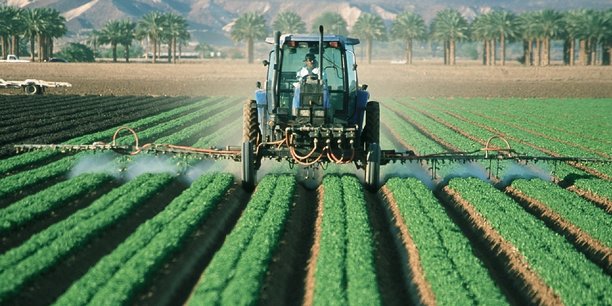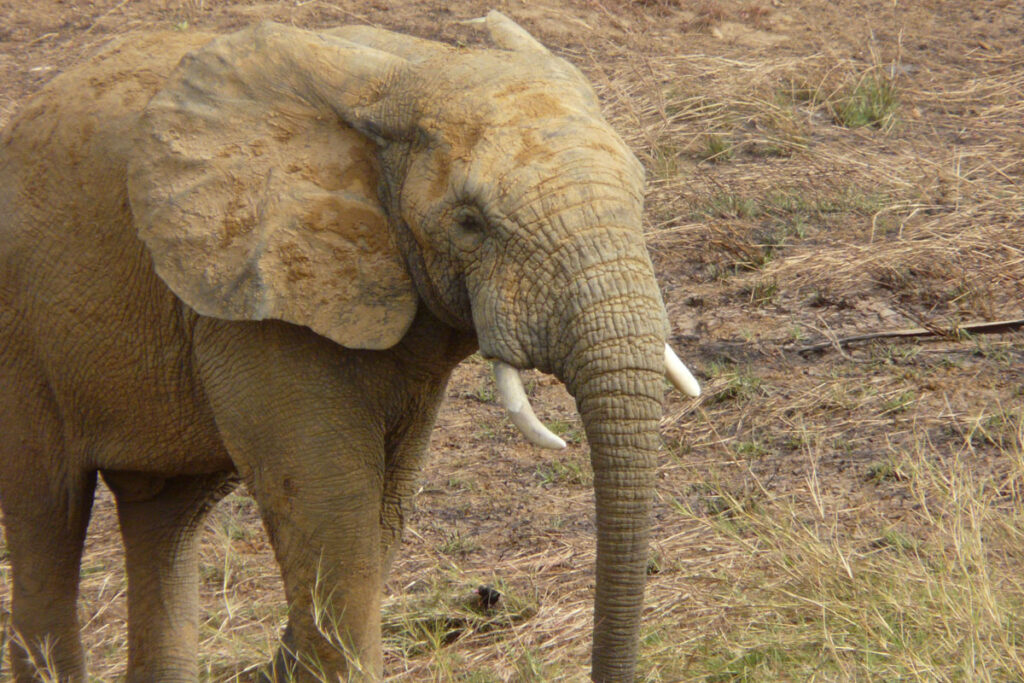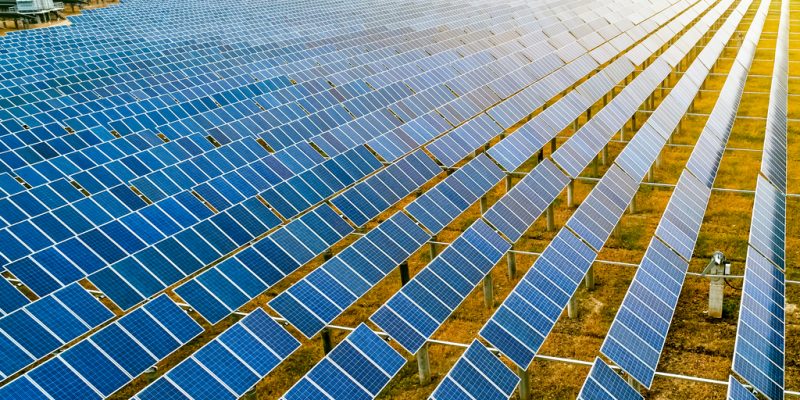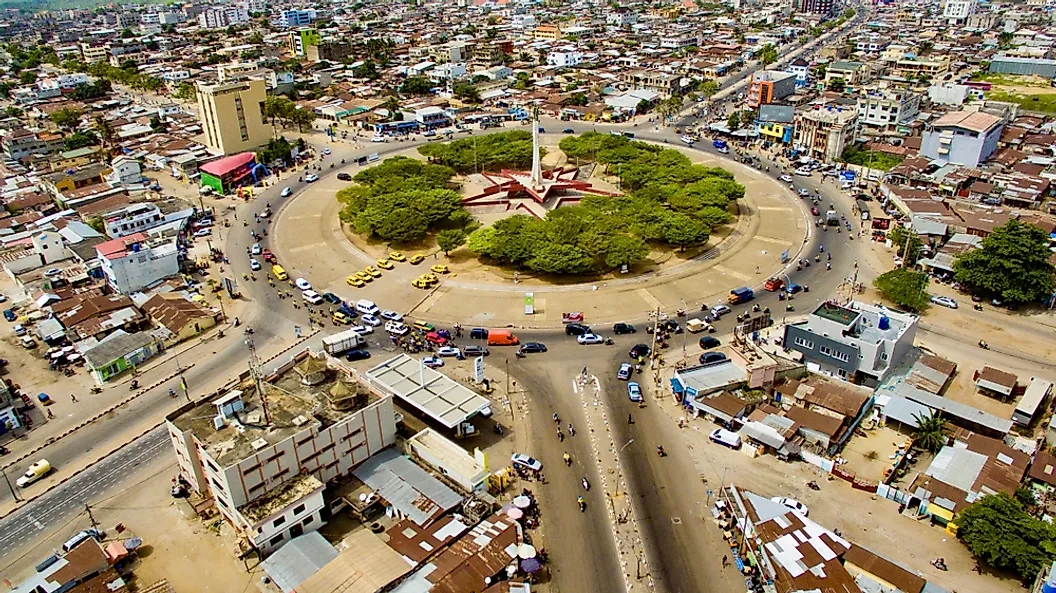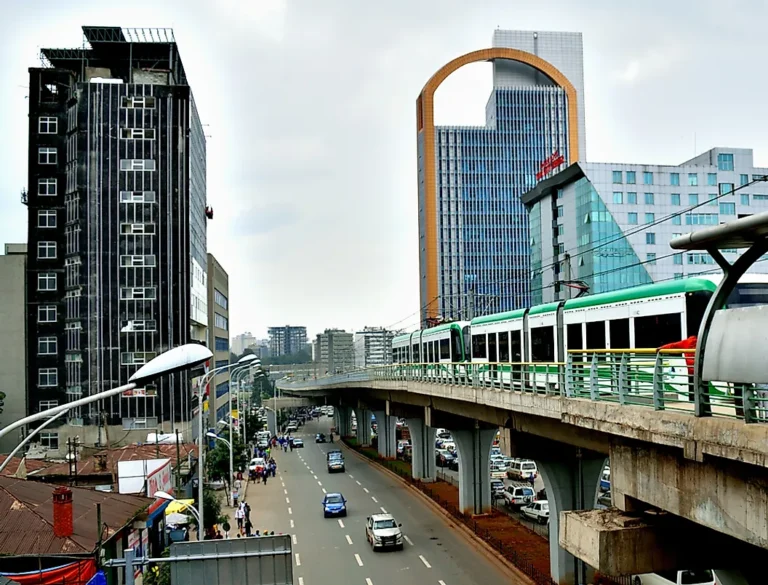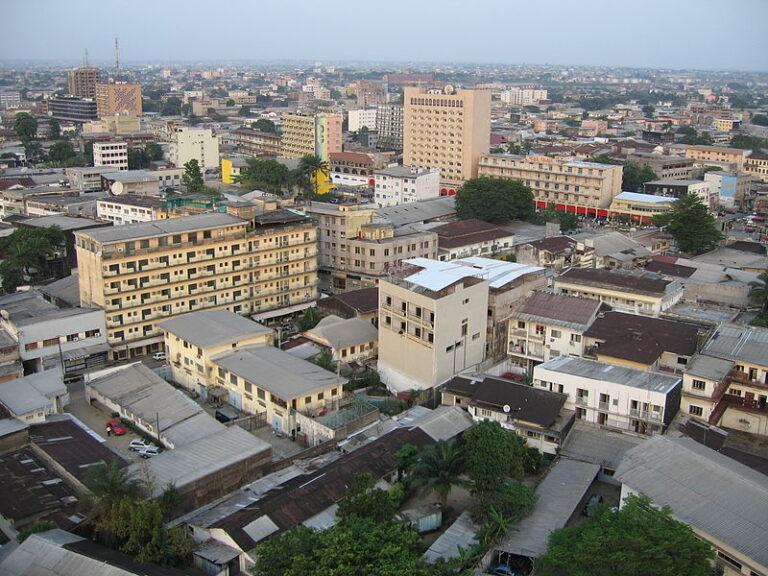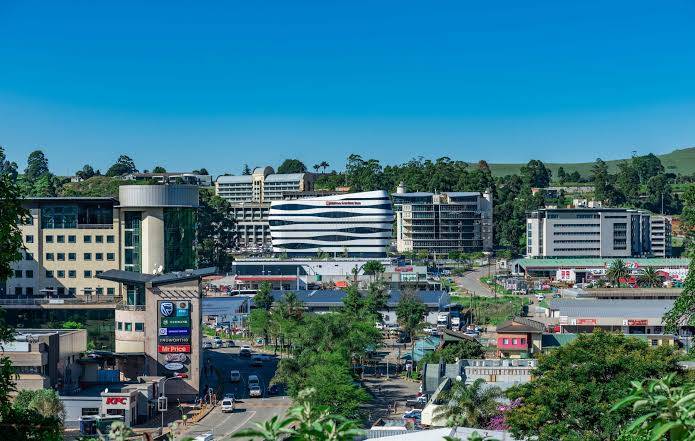Benin officially the Republic of Benin and formerly known as Dahomey, is a country in West Africa. It is bordered by Togo to the west, Nigeria to the east, Burkina Faso to the northwest, and Niger to the northeast, the Atlantic Ocean south. Benin covers an area of 114,763 square kilometers (44,310 sq mi) with a population of Benin is 13,069,518 as of Tuesday, June 27, 2023, based on Worldometer elaboration of the latest United Nations data.
Since 6th April 2016, the president of Benin is Patrice Guillaume Athanase Talon, a politician and businessman.
The majority of its population lives on the small southern coastline of the Bight of Benin, part of the Gulf of Guinea in the northernmost tropical portion of the Atlantic Ocean. The capital of Benin is Porto-Novo, but the seat of government is in Cotonou, the country’s largest city and economic capital.
Benin is a tropical nation, highly dependent on agriculture, and is a large exporter of palm oil and cotton. Substantial employment and income arising from subsistence farming.
Benin’s GDP growth will pick up to an annual average of 6.5% in 2022-23, reflecting higher infrastructure spending and a wider regional recovery.
The country’s primary source of revenue is the Port of Cotonou, although the government is seeking to expand its revenue base. A large informal sector, estimated at over 70 percent of GDP, is based primarily on unregulated trade with Nigeria.
Young people below the age of 15 represent nearly 50 % of the population of Benin. And young people between 15 and 35 represent 30 % of the populace. In 2019, the estimated youth unemployment rate in Benin was 4.88 percent.
Since 2016, Benin has adopted a program of actions anchored to the Sustainable Development Goals (SDGs) to promote sustainable economic and social development, in line with the 2030 Agenda.
With the support of the International Monetary Fund and the World Bank, Rwanda has made important economic and structural reforms and sustained its economic growth rates over the last decade.
Rwanda has guarded its political stability since the 1994 genocide against the Tutsi. Parliamentary elections in September 2018 saw women fill 61% of seats, the Rwandan Patriotic Front maintain an absolute majority and, for the first time, opposition parties, the Democratic Green Party of Rwanda and Social Party Imberakuri won two seats each. President Paul Kagame was re-elected to a seven-year term in August 2017, following an amendment to the constitution allowing a third term.
Business opportunities in Benin
One of the key business opportunities in Benin is agriculture. The country has fertile land and a favorable climate that supports the growth of various crops such as cassava, yam, cotton, and palm oil. The government of Benin has also implemented policies to support the development of the agricultural sector, making it an attractive investment opportunity.
Benin has also other various investment opportunities such as tourism, energy, Agri-food, mineral resources and real estate, infrastructure, and construction….
